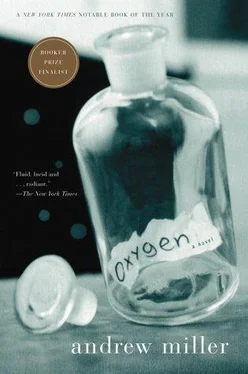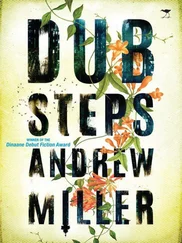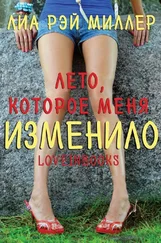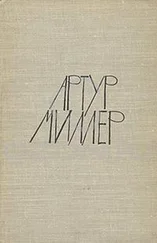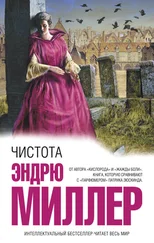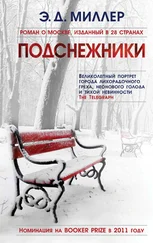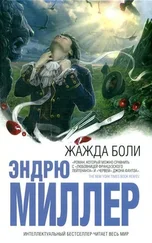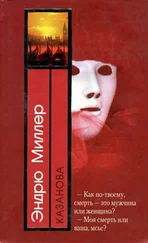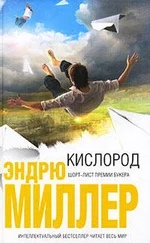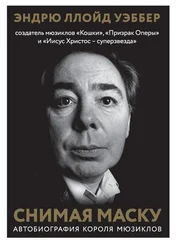Was Sándor still alive? He had confessed to prostate trouble (‘a year ago, my friend, I thought “prostate” was something you went to a lawyer for!’). Had he meant cancer? How many of them were there now, scattered like ashes over the widths of the Earth? Lives such as theirs had not been conducive to longevity.
At the end of the street he crossed a line from shadow into broad sunlight. Ahead of him were the Buda hills, Fishermen’s Bastion, Matthias church, and away to the right, almost out of sight, the river split at the prow of Margarits island and poured its tons under the wings of the bridge. Cruise boats, the sleek and the frankly chaotic, were moored by both banks, and advertised trips to Visegrád or Esztergom, some of them promising lavish dinners, and even erotic shows, as if witnessing a Russian or Romanian teenager wiggle her hips to a tape of gypsy violins were the acme of old Hungarian romance.
On Szechenyi Rakpart, the apartment building had been given a new livery of pale green paint, though the effect was spoiled somewhat by a graffiti artist who had sprayed an illegible protest in red swirls along one side of the building. László approached the heavy double doors and read the names beside the bells: Binder, Serfleck, Kosztka, Dr Konig. In ’91 there had been at least one name he thought he knew, but not now, though he could not quite rid himself of the sense that if he looked again, rubbed his eyes and stared, he would find ‘LAZAR’, and push the worn button and go up to the old apartment and see his father listening to the sport on the radio, his mother rolling the pulp of dumplings between her palms, János combing hairballs from Toto the dog; and Aunt Gabi – the majestically breasted Gabi – complaining of how the veins in her legs were wide as bootlaces, and András, listen, András, don’t you have some kind of cream for it? Aren’t you supposed to be a doctor?
In the midst of his daydream the door was opened, and from the dark of the hallway two Persephones emerged with their shopping baskets. They eyed him suspiciously – this pale, dapper little man – then crossed the road to catch the number 2 tram, which was arriving with a tap-tapping of the overhead wires, like a giant yellow grasshopper rubbing its steel legs together. The door swung shut and he turned away. He needed somewhere cool to sit, somewhere that didn’t press upon him with the past, and retracing his steps he found a restaurant in the square south of the Basilica, with wooden booths and cotton tablecloths and not a tourist in sight. He took a table by the window and ordered his old favourite – goose livers in sour cream with mashed potatoes and onion – and while he waited he flicked through an edition of the previous day’s Hirlap, trying to take an interest in the antics of the government, though it was the same game of musical chairs he had grown so weary of everywhere. In the middle pages, however, two items caught his attention. The first was a short article about the Balkans, warning of a coming storm in Kosovo, where Serb abuses had become more outrageous. Milšsević, argued the journalist, survived by the manufacture of crises, and was in need of another war. Any war, even a disastrous one, would serve him better than a peace in which his enemies would have time to organize. There was a photograph of the militia leader, ‘Arkan’, in beret and black fatigues, machine-pistol over his shoulder, chin jutting, a real people’s hero. Looking at him, László found that the voices of doubt in his head were momentarily stilled. Arkan made questions of right and wrong, for and against, seem simple: one was instinctively opposed to such a man – no special virtue was required – and if the money in the bag hurried this gangster on the road to hell then so much the better. It was an end that justified a great deal.
The second article, ostensibly comic, concerned a minor scandal in one of the old bathhouses – a local government official caught in flagrante delicto at the Király on Fo utca, with one of those anonymous, hollow-eyed young men who go on the prowl in such places. It was a grubby story, somewhat sad, but reading the piece László was drawn irresistibly back to his own adventures in the bathhouses, those softly dripping worlds, relics of Ottoman times that survived into the heart of the People’s Utopia like orchids in a commissar’s lapel. And there he was again! A skinny boy hunched on the slatted bench of a steam room, surrounded by the old men with their sagging balls, their starbursts of purple veins, their damp newspapers…
He used to go with his father or Uncle Erno, sometimes with Péter’s family – a weekend treat – and it was in the bathhouse at the Gellart Hotel, the grandest of them all, that Péter had kissed him for the first time as they changed into their clothes at the end of the session, Péter’s Uncle Miklós dressing in the next cubicle, whistling folk songs. It was a kiss that fell like a splash of rain from a clear sky, breaking on to the back of his shoulder, transfixing him.
Nothing was said. What could be said with Miklós half a metre away, climbing into his flannel suit? But at the apartment that night, while János slept and the moon crossed the window right to left, László had sat up, feverishly trying to pass the moment through the machinery of reason, for already, at sixteen, he was condemned to be an intellectual, possessor of a mind that stared at itself. What had happened to him? He could not think of the moment as sexual: his understanding of such things was too shallow, too schoolboyishly vulgar. The kiss, he decided, must have been an expression of that ideal friendship Comrade Biszku spoke off in the Pioneers, and this soothed him for a while, tamped him down. But his daydreams of intense conversations, of epic chess matches and cross-country bicycle tours, had given way, in flashes, then in long sustained reverie, to the blatantly erotic; to the need for skin and hard breathing and intimacies whose names he trawled for in the pages of his parents’ medical textbooks, and later, more tantalizingly, in the cache of foreign novels they kept in a suitcase under the bed. Zola, Milosz, Thomas Mann…
And Miklós had had a further part to play, for it was in his apartment in District VII, more spacious than László’s or Péter’s, more private, that they at last lay down together, clumsy and furtive as a pair of apprentice house-breakers, unbuttoning each other on a bed with ruined springs and a coverlet of brown corded wool that smelled of the nineteenth century.
How much had old Miklós known? That bachelor and old-style liberal, with his card evenings, his tears at the first notes of Bartok’s ‘Rhapsody’. Did he spy on them? Was he excited by it? Well, he was long since dead, cutting the veins in his legs with a barber’s blade and dying in a bath of rose-red water the winter that followed the uprising in Prague. His housekeeper, Magda, had discovered the body, and László’s mother had telephoned László in Paris, and been surprised at his long silence, the weight of sorrow he could not keep quite secret from her.
After eating, he returned to the hotel.
‘Any messages?’ None. He went to his room, caught the news on TV1, and fell asleep over a book, his head pillowed on his arm, his face quite solemn in repose. Now and then there was an out-breath that seemed to contain the fragment of a word. Then he would frown, grow momentarily tense, and faint back into some more profound level of sleep.
When he woke the room was dim. The arm he had rested his head on was quite insensate. He had to move it with his other hand as though it were a piece of driftwood.
He looked over at the bulb on the telephone, wondering if he might have slept through a call, but there was no flashing light. Was something not ready? Had something gone wrong? Would they warn him? He wondered how many others there were, men and women in rooms like this one perhaps, half bored, half anxious, waiting for a signal, a note under the door, a tap on the shoulder.
Читать дальше
